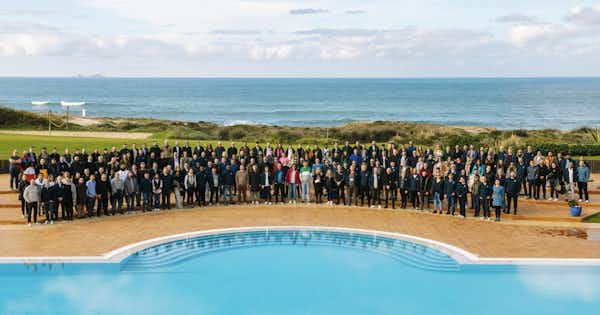Se préparer à la directive européenne sur la transparence salariale | Téléchargez gratuitement notre E-book

#37 - “Potential” and the Promotion Gap with Alan Benson
In this coffee talk, Prof. Alan Benson discusses his research with Margrét. He found a gender gap in employee evaluations: female employees are 50% more likely to be labeled “high performance” but “low potential” for promotion.
Managers are often asked to assess whether their subordinates are good candidates for promotion. But as this week’s guest has found, these evaluations may not be trustworthy.
Margrét is joined by Alan Benson, an Associate Professor in the Work and Organizations Group at the University of Minnesota's Carlson School of Management. As Alan explains, many organizations ask managers to evaluate their subordinates as high, medium, or low for performance and potential. So an employee might be labeled a poor promotion candidate despite great performance (or vice versa).
In a recent study, Alan found that managers systematically underestimate the potential of female subordinates. Women are 50% more likely than men to be labeled as high performers with low potential.
So this study suggests that implicit bias influences evaluations – and that many women may miss out on deserved advancement and development opportunities.
There are three possible reasons:
When managers think of an effective leader, their mental image tends to be of a man. So it’s harder for them to see women’s leadership qualities.
Male employees are more likely to complain about their ratings, so managers may rate them higher.
Men are more likely than women to leave their employer after getting a low rating.
So what should employers do to prevent this?
As Alan and Margrét discuss, it’s important for organizations to be skeptical about high performance/low potential assessments of female employees. They might also direct more development opportunities to those employees. And it may be helpful to ask supervisors to assess employees’ specific leadership qualities rather than thinking broadly about “potential.”
Friday Coffee Talk from Planet Fair is a YouTube series co-hosted by PayAnalytics founder Margrét Bjarnadóttir and Henrike Von Platen, founder and CEO of the FPI Fair Pay Innovation Lab in Berlin.


